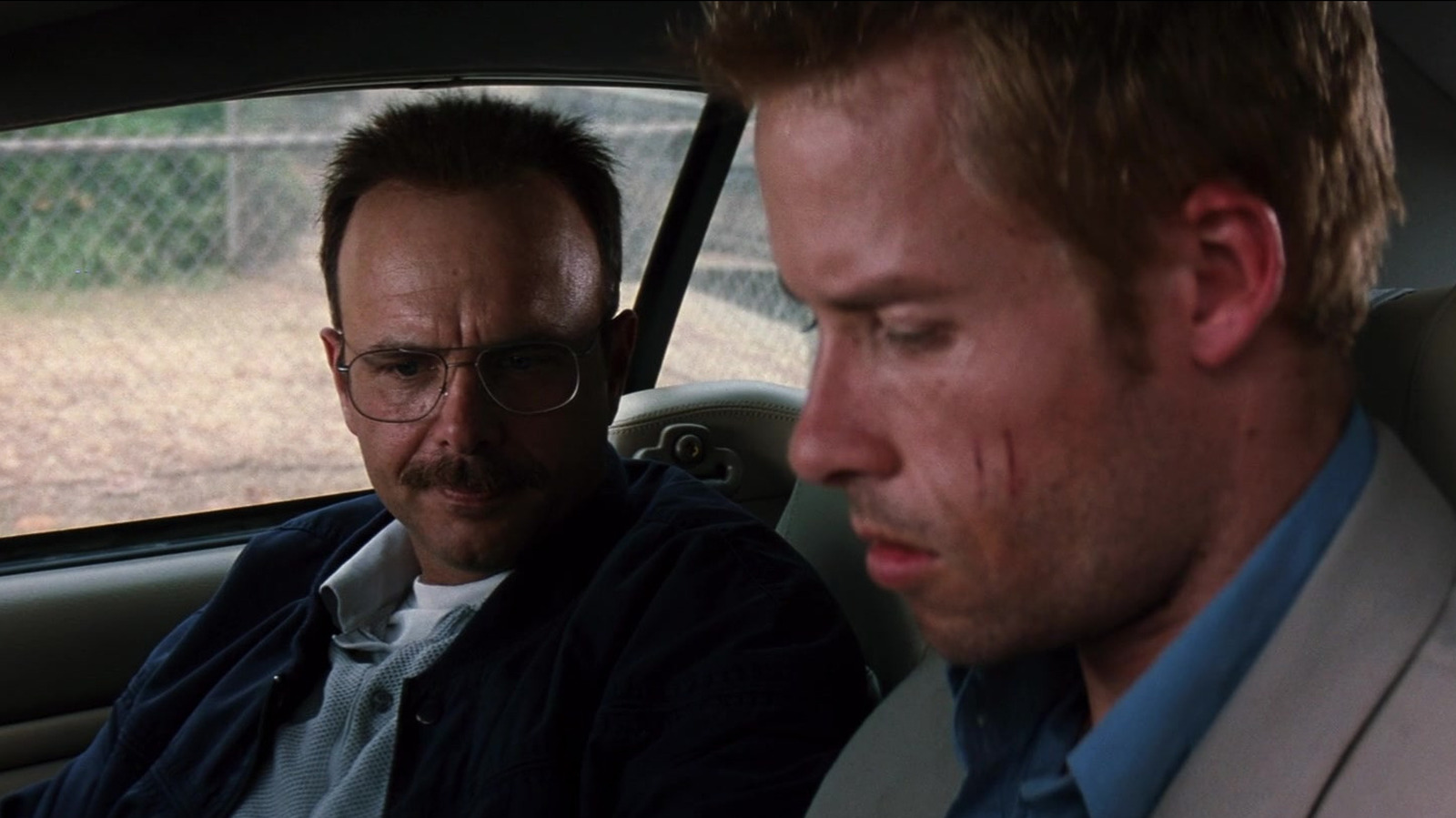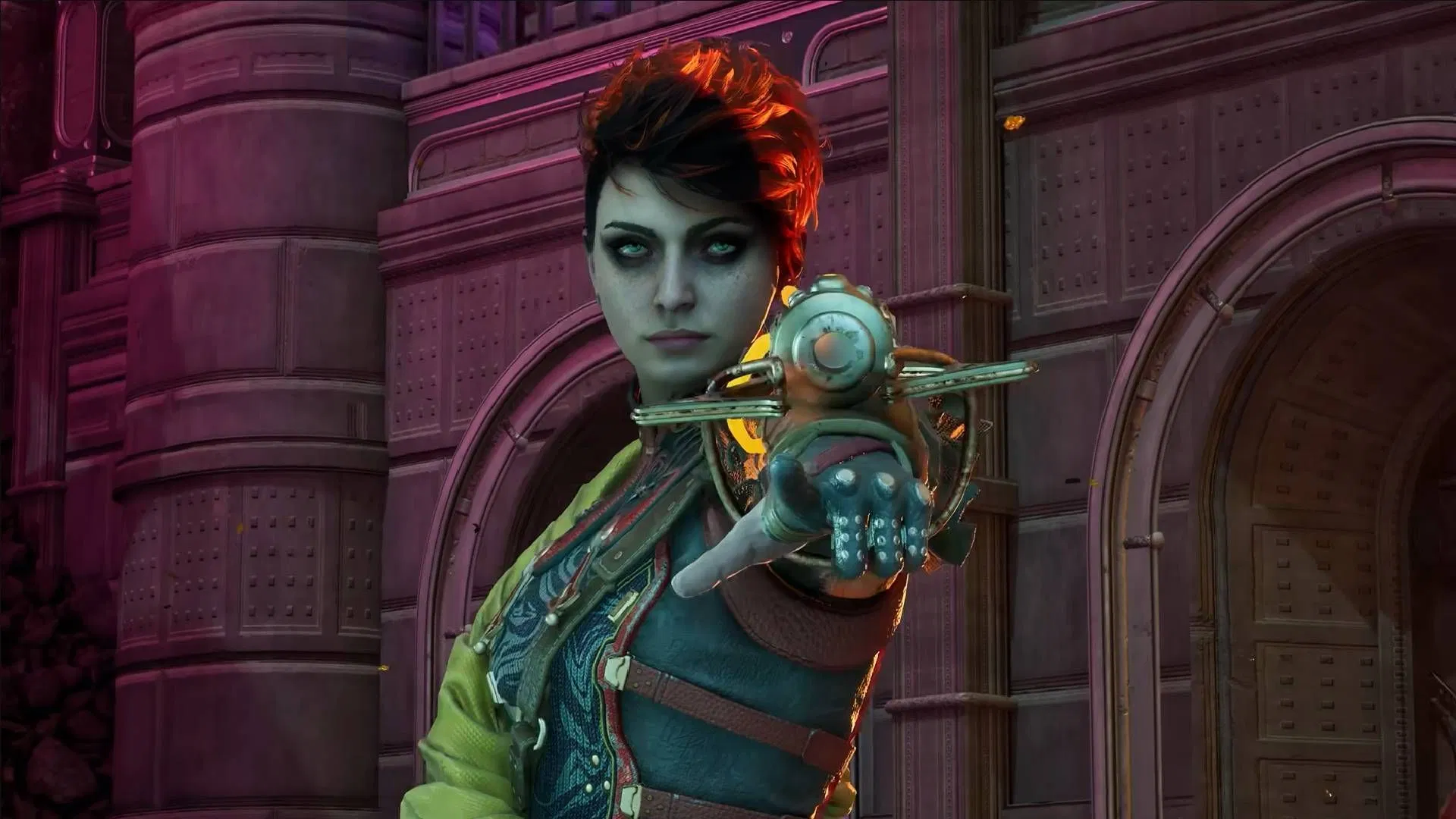Copyright Essentially Sports

After two years of waiting and countless delays, NASCAR’s long-awaited Next Gen car finally broke cover in May 2021. That time, it was heralded as the great equalizer that would redefine competition. When it hit the track at the Busch Light Clash in Los Angeles, the following February, it carried a bold promise: ‘parity.’ Parity…what? Well, basically, parity meant that every team, big or small, would now have the same access to equipment, parts, and opportunities. In short, an equal playing field. The idea was simple. Level the playing field, tighten the racing, and let driver talent shine over engineering budgets. For a while, it worked. Underdogs shocked giants, and chaos reigned in the best way possible. However, three seasons later, that dream of equal footing is starting to crack. And one outspoken team owner, Trackhouse Racing’s Justin Marks, just put that truth into words. ADVERTISEMENT Justin Marks outlines how the ‘Big Three’ still dominate “Where we’re at in our business is the proverbial cream has risen to the top of the sport and the big three teams have taken their places again at the top of the sport, and some of the sort of chaos and unpredictability in the early years of the Next Gen car is gone,” Justin Marks recently noted. And the stats back up his claim. Penske, Hendrick, and Joe Gibbs Racing continue to dominate the Next Gen era, winning the majority of races in the last few years. Penske tallied championships in 2022, 2023, and 2024, led by Joey Logano and Ryan Blaney. On the other hand, Hendrick snagged the 2025 title with Kyle Larson. Even the four finalists for the 2025 championship, Denny Hamlin, Kyle Larson, William Byron, and Chase Briscoe, are all from Hendrick Motorsports and Joe Gibbs Racing, underscoring the ongoing supremacy of the big teams. On the flipside, Trackhouse Racing’s 2025 Cup Series campaign has been marked by struggles. “So that has certainly exposed the areas at Trackhouse that we need to improve on. And we’re working hard on it week in and week out. Speed has not been where we wanted it to be,” Justin Marks revealed. Despite those issues, there’s a bright spot: Shane Van Gisbergen, Trackhouse’s standout driver. ADVERTISEMENT “But on the flip side of that, we won more races this year than we ever have as a business, big thanks to what Shane has done on road courses this year,” Justin Marks explained. Of the 6 Trackhouse wins, van Gisbergen captured a whopping 5 (Mexico, Sonoma, Chicago, Watkins Glen, and Charlotte Roval). Moreover, he consistently challenged the top teams, showcasing his elite skillset and providing hope for the future. Van Gisbergen’s performance even earned him the ‘Rookie of the Year’ award at 36 years old! ADVERTISEMENT Read Top Stories First From EssentiallySports Click here and check box next to EssentiallySports In essence, while the big three teams continue to set the standard, Trackhouse is pushing to narrow the gap. And with Shane van Gisbergen’s talent leading the charge, they are poised to become more competitive in the Next Gen landscape. Justin Marks wants the playoff format gone Justin Marks has never shied away from speaking his mind, and his latest comments take direct aim at one of NASCAR’s most controversial elements: Yes, the controversial playoff system. The Trackhouse Racing co-owner, who’s been shaping his team’s future around Ross Chastain, Shane van Gisbergen, and rising star Connor Zilisch, believes it’s time for NASCAR to rethink how it crowns its champion. ADVERTISEMENT Justin Marks argued that while the current one-race championship finale may create drama, it fails to truly reward season-long excellence. “You have to balance what’s required in the world today to be an entertainment property that gets people excited with the fact that you are running a sport,” he said. “And when you run a sport, you’re not going to have those game five buzzer-beater moments, those bottom of ninth home run World Series moments every single time you go.” He acknowledged that NASCAR’s playoff experiment, first introduced in 2014, was necessary at the time. It injected much-needed energy and unpredictability into the series, helping boost fan engagement. However, like most things, Justin Marks believes the same format has now run its course. “I think that the one-race final championship was worth trying. I really do. It was a very transitional time in the history of NASCAR. I think it was a good experiment. I don’t think that’s the right thing for the future.” Still, Marks isn’t calling for the total elimination of playoffs. Instead, he’s urging NASCAR to find balance, something echoed by other NASCAR stakeholders as well. He wants a system that rewards consistency while keeping the championship fight alive until the end. “The last race, the champion needs to be crowned by the person that performs the best, sort of over the course of the season,” he said, emphasizing that while excitement may attract fans, fairness keeps them invested. ADVERTISEMENT With NASCAR reportedly exploring tweaks for the upcoming season, Justin Marks’ comments may have arrived at just the right time.



